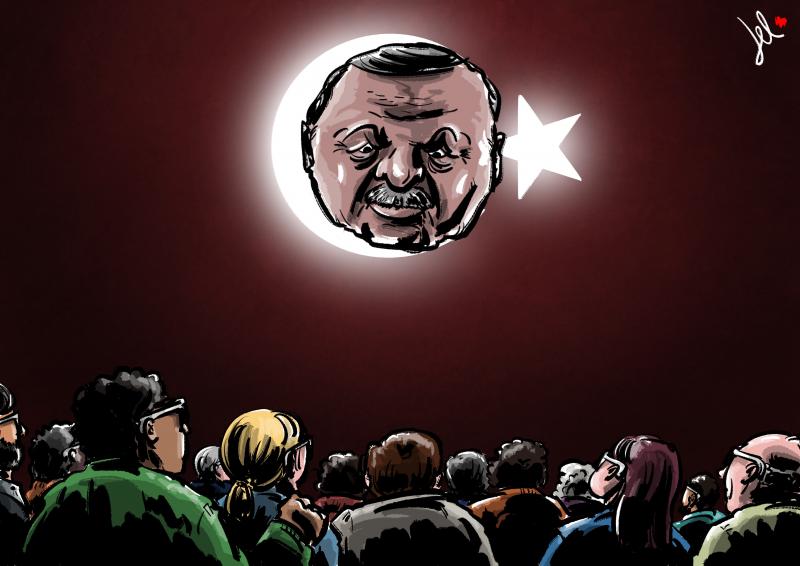[ad_1]
![[Agenda] Budget review and Russia sanctions in focus This WEEK [Agenda] Budget review and Russia sanctions in focus This WEEK](https://media.euobserver.com/56946bf1bc1eefd752749a3f6d83af91-800x.jpg)
EU leaders will meet at the end of the month only for their regular pre-summer summit, and we have got our hands on their draft conclusions.
They are expected to talk about Ukraine, and Russia’s aggression against the country, with the hope that leaders will be able to “welcome the adoption of the 11th package of sanctions against Russia” by then.
However, Hungary is still blocking the agreement for now.
Leaders are also set to discuss where efforts to “establish an appropriate mechanism for the prosecution of the crime of aggression” stands, according to the draft text.
They are also set to discuss “the possible use of Russian frozen and immobilised assets”.
Defense and the economy will also be on their agenda for the two-day Brussels summit, as well as migration.
Poland and Hungary have been arguing against a migrant relocation plan.
In Poland, the governing majority passed a resolution opposing an EU plan to relocate migrants and asylum seekers within the bloc.
Countries that do not want to take in their share would instead have to pay a financial contribution.
Jarosław Kaczyński, the leader of the ruling national-conservative Law and Justice (PiS) party said Poland would have a national referendum on the plan.
So the topic is expected to reignite political tensions within the bloc.
While this week the European Parliament will be off, MEPs from the civil liberties committee will go on Monday and Tuesday (19-20 June) to Warsaw to meet with officials from Frontex, the EU’s border agency, and will also travel to Italy and Malta.
Based on the draft conclusions, EU leaders are also expected to discuss at the end of this month another issue on which fault lines run deep with the EU: China.
But before we get there, this week EU affairs ministers gather in Stockholm for an informal meeting on Wednesday and Thursday (21-22 June), who are traditionally in charge of hammering out the leaders’ agenda.
Budget debate unleashed
On Tuesday (20 June), EU budget commissioner Johannes Hahn is expected to launch the planned revision of the EU’s long-term budget, with the aim of implementing the possible changes by 2024.
The budget commissioner is also expected to lay out proposals on new own resources, possible new revenue for the EU’s budget, which has traditionally been a very controversial issue among member states.
The own resources will be essential to repay the debt the EU has taken on to finance the Covid-19 recovery fund, with its rising interests.
Future-proof energy
EU energy ministers are set to meet on Monday (19 June) in Brussels and seek an on the EU’s electricity market design reform before negotiations on it with the European Parliament will kick off.
The reform is set to revise the EU’s electricity market design and improve protection against market manipulation in the EU wholesale energy market.
EU environment ministers are set to meet the next day on Tuesday (20 June) and agree on their position on the nature restoration proposal, which was a hotly contested issue last week in the parliament.
The proposal aims to restore ecosystems, habitats and species across the EU’s land and sea areas.
The proposal wants EU countries to set restoration measures that cover at least 20 percent of the EU’s land and sea areas by 2030, and ultimately all ecosystems in need of restoration by 2050.
Once ministers agree, negotiations can start with MEPs over the final legislation.
[ad_2]
Source link



















